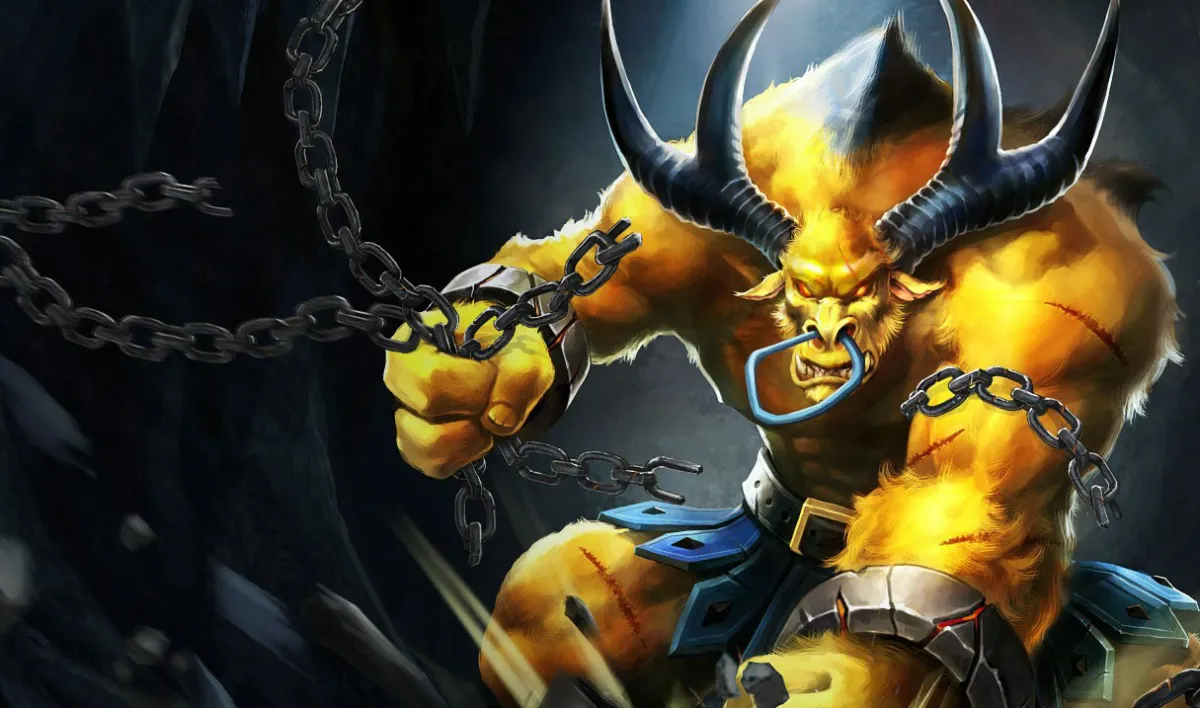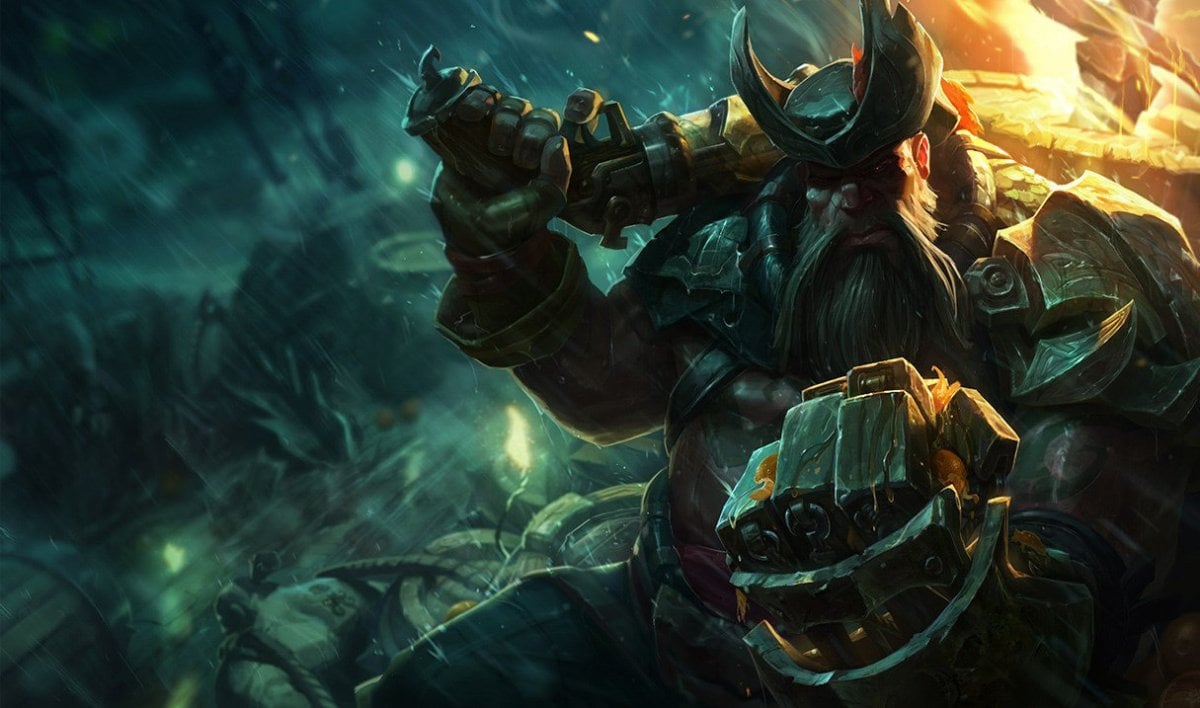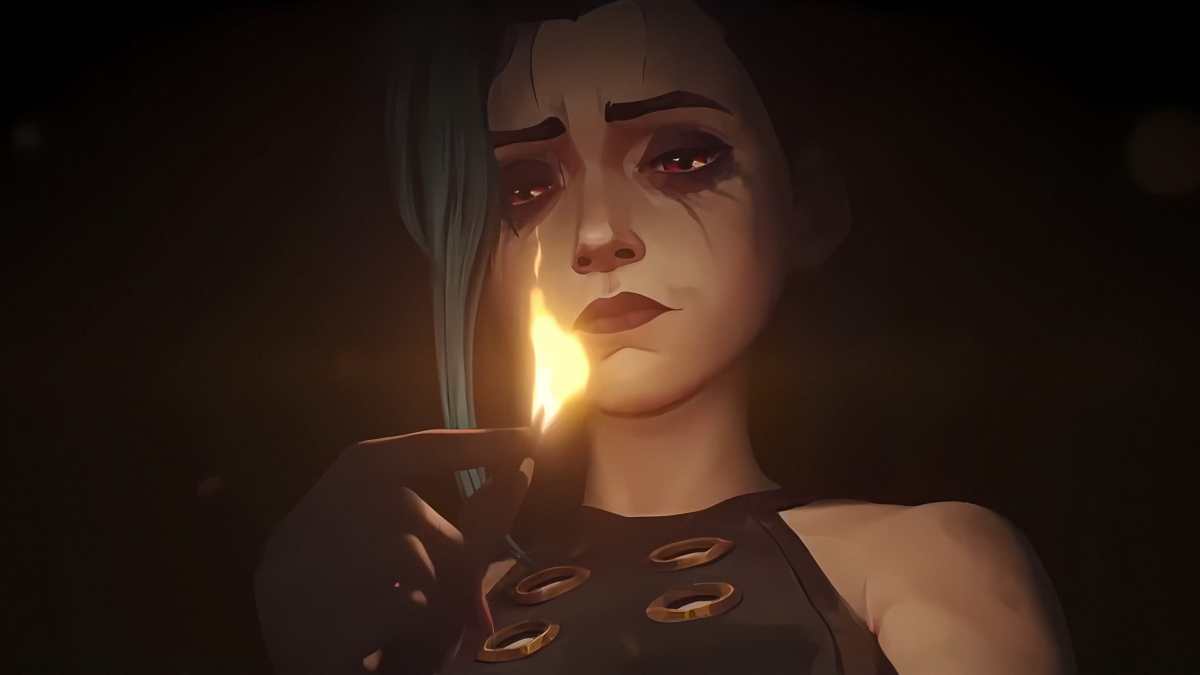Yesterday, Riot Games stepped into the business side of esports, a place few developers have reached their hand before. The company introduced a new “sale of sponsorships” rule, a fancy-sounding stipulation with a lengthy and technical explanation.
The gist of the rule is that an organization that sells sponsorships for multiple teams and brands is not allowed to own a team or brand.
This is important due to one specific instance in League of Legends—Good Game Agency and Alex Garfield, who owns the Evil Geniuses and Alliance brands. What’s confusing here is that Riot Games already has a rule in place that prevents one entity from owning two teams competing in the League Championship Series. The key distinction? Garfield owns the brands, not the teams.
The new rule means that Garfield either had to drop selling sponsorships and sell off one of his brands, or pull the brands from the league altogether. Given that most of the money made in esports comes from sponsorship deals, Garfield chose the latter option. Good Game Agency will still work for the two LCS teams, securing their sponsorship deals, but the teams will no longer operate under the Alliance and Evil Geniuses banners. Both teams will announce new branding before the upcoming LCS season.
That ensures there is no conflict of interest between two different teams, like the one that happened in the Expansion Tournament this week, when Team Fusion came face-to-face with Confusion, a squad featuring a player under contract with Fusion. Riot Games made it clear that this was not the case with Garfield—he exerted no influence over management of the two teams—but the developer wanted to ensure that no conflicts could arise in the future.
Garfield states the decision was easy, just like it was when Riot made sure Garfield’s company had no conflicting ownership stake in both teams at the start of this year. Supporting two teams of players aligns more with his goals than one. Not stated is that it probably brings in more money.
This brings up some important questions for the whole of esports, not just League of Legends.
The situation that Riot is trying to avoid is present in other game communities, where a strong governing body does not exist, like Dota 2.
Good Game Agency owns the Evil Geniuses, Alliance, and Dota 2 League brands. What about conflicts of interest in Dota 2, where Evil Geniuses and Alliance might face each other in a league under the same umbrella? Good Game Agency is even rumored to be extending its reach in the Dota 2 scene by pulling more teams inside its wings.
The business side of esports is largely the wild West in many respects, and that’s because there aren’t many sheriffs like Riot Games throwing their muscle around. Game scenes are formed from disparate entities forming leagues and teams with their own interests in mind and no central body governing them.
Even in instances where one powerful entity holds large sway, we get issues, like in the Most Wanted ownership dispute currently playing out in the Call of Duty scene.
Riot Games is doing a good job stepping in and setting up some guidelines aimed at maintaining competitive integrity, but it’s a small step forward and only covers one part of the behemoth esports ecosystem.
Illustration via Max Fleishman






Published: Nov 22, 2014 11:41 am